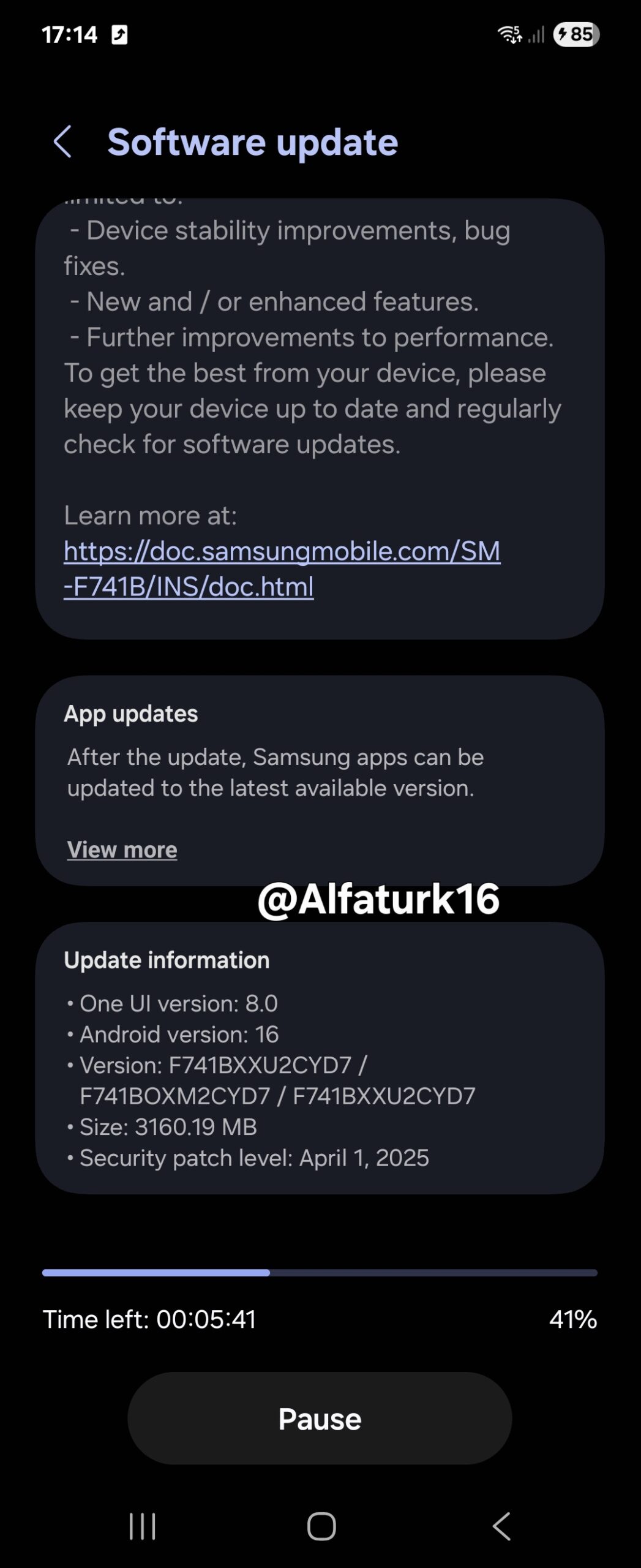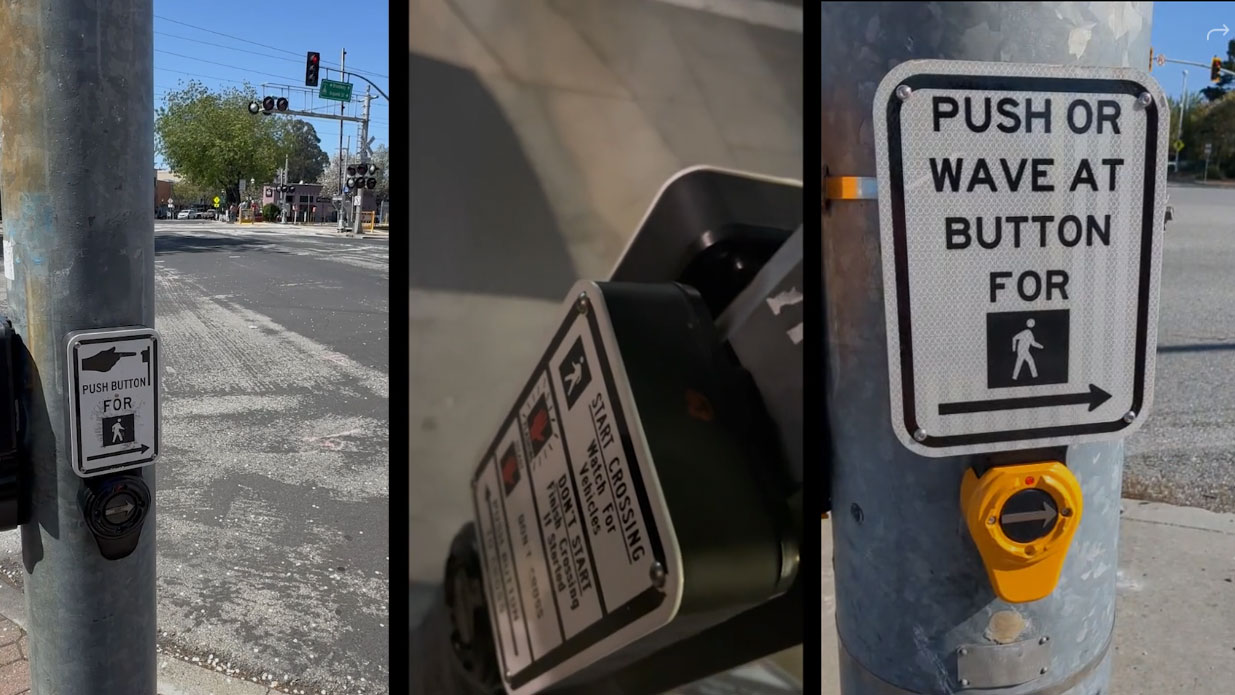If you’ve been watching the Olympics, you might have seen Google’s new ad pitching its generative AI-powered chatbot, Gemini. And if you have seen it, we’re curious: did you roll your eyes to the back of your skull when you first saw it, too?
The commercial in question features a young girl who aspires to be like Team USA hurdling star and two-time Olympic gold medal winner Sydney McLaughlin-Levrone. The girl’s father, who narrates the ad, wants to help his daughter write a fan letter to her favorite athlete, so he turns to Gemini to help him do it.
“Help my daughter write a letter telling Sydney how inspiring she is,” the father prompts the bot, “and be sure to mention how my daughter plans on breaking her world record one day. (She says sorry, not sorry.)”
Gemini then spits out the requested letter — which in the small portion that’s visible looks perfectly generic.
But while we would hope that this father-daughter duo might then spruce up the AI-spun fan mail with some more personality, the intended message of the commercial — that generative AI is there to offer a helping hand to all, including tykes hoping to reach out to their favorite athlete — falls wildly, brutally flat.
After all, this kid isn’t an executive trying to expedite penning a boring, bound-to-be-formulaic email. She’s a child who, instead of learning how to express herself through words on paper, is instead being taught to turn to a computer program that automatically provides a soulless and formulaic facsimile of genuine expression to learn from. Depressing stuff.
To be clear, we’re not saying that the fictional kid in the commercial shouldn’t be able to get some actual help while writing her letter. Assistance is important, and it’s part of how kids learn! They give it — a fan letter, a math problem, a new move on the field — their best shot, and a good teacher or parent or coach helps them by editing, adjusting, and providing some healthy guidance along the way. The kid hopefully takes the notes and learns, and in doing so, they get better. Conversely, a great way to not help kids get better at written communication (or anything, really) is to simply get someone or something else to do the work for them.
This isn’t about trying to train a kid to be a professional writer one day. This is about foundational knowledge and skills. Just because a young person might not feel naturally inclined to a subject — hi, math — doesn’t mean they shouldn’t learn the basics anyway.
And elsewhere, what happened to simply learning to do hard things? Writing a piece of fan mail to someone you admire might be nerve-wracking, for kids and even for adults, but sometimes the only way to do something challenging is to sit down and force yourself to do it.
Of course, sometimes formulas are helpful. But learning how to build something from a blank page using your own brain, even if the result is formulaic, is a very different process from asking a machine to spit the whole first draft out from scratch. If you only know how to hem, you don’t really know how to sew a dress.
There’s a vast difference between being overly cautious about a technology and having reservations about where and how said technology should be applied. Again, if you’re turning to AI to reduce the time that you, in this one short life, are using to send already-robotic company emails, be our guest. But teaching a malleable child who wants to express their admiration to someone who inspires them — in this case an athlete who, as New York Magazine’s Matt Stieb touches on, represents human excellence in their field — by using a human-mimicking AI instead of what could have been a challenging-yet-rewarding learning experience woefully misses the mark.
In other words, throw this AI ad in the garbage heap next to Apple’s creativity-annihilating iPad ad. And by the way? We can almost guarantee that the human on the other side would prefer the letter read like it was written by an earnest kid who tried their best, and not like they used a downloaded fan mail template and filled in the blanks like corporate Mad Libs.
More on bad tech ads: Apple’s New Ad Showing Machines Crushing Human Creativity Is a Bit on the Nose








